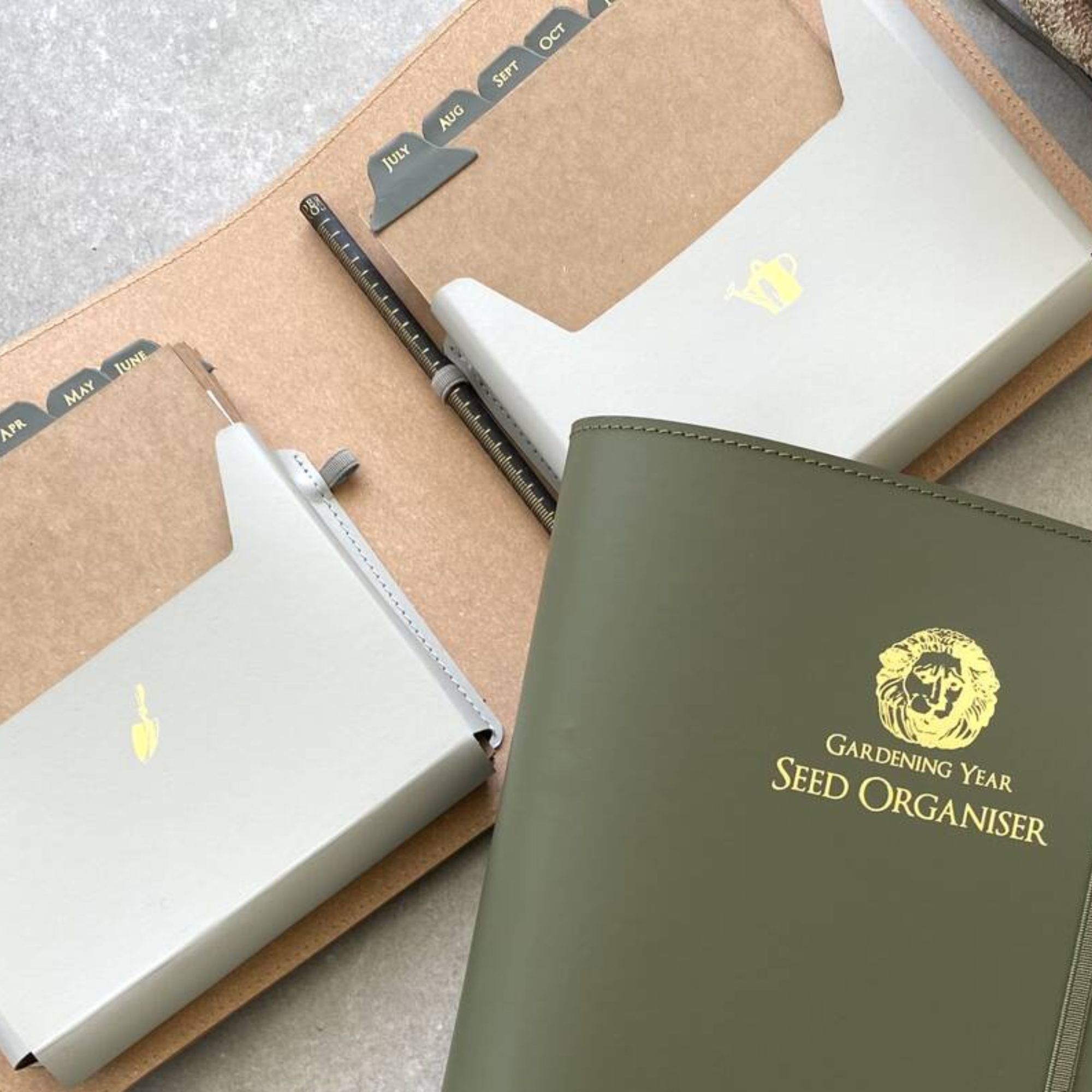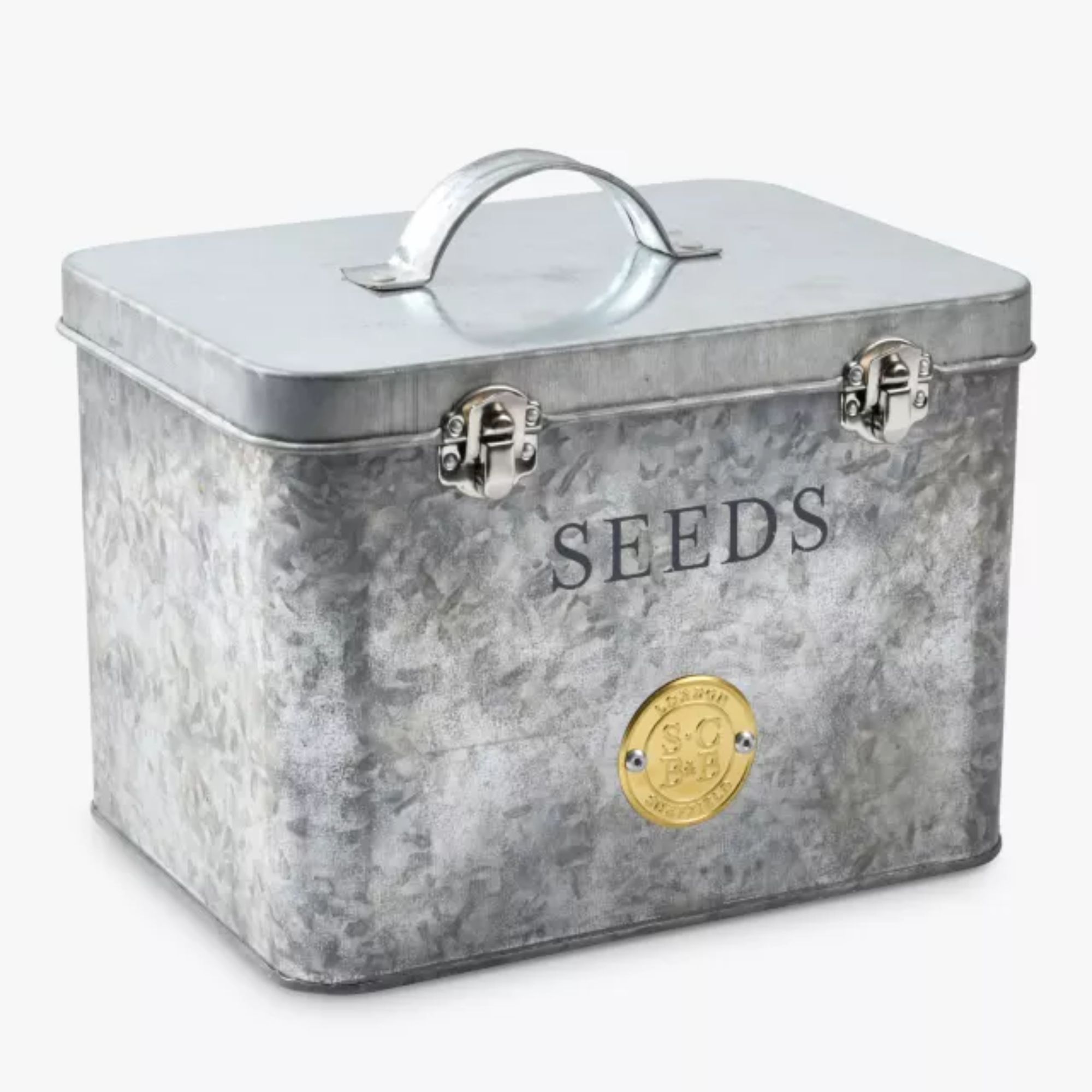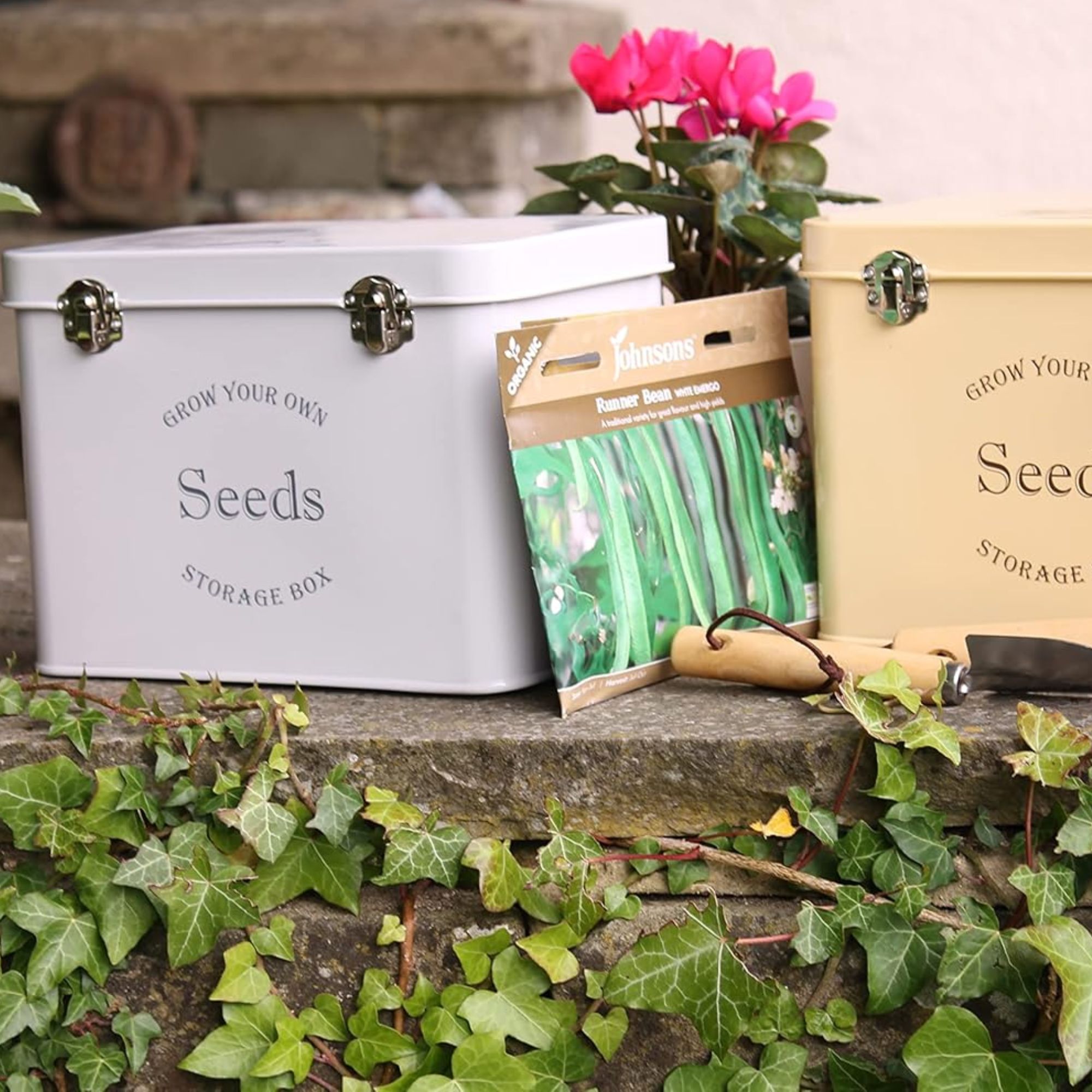How long can seeds be stored? Your expert guide to keeping seeds fresh and ready to plant for longer
If you're keen to store seeds for as long as possible, look this way...

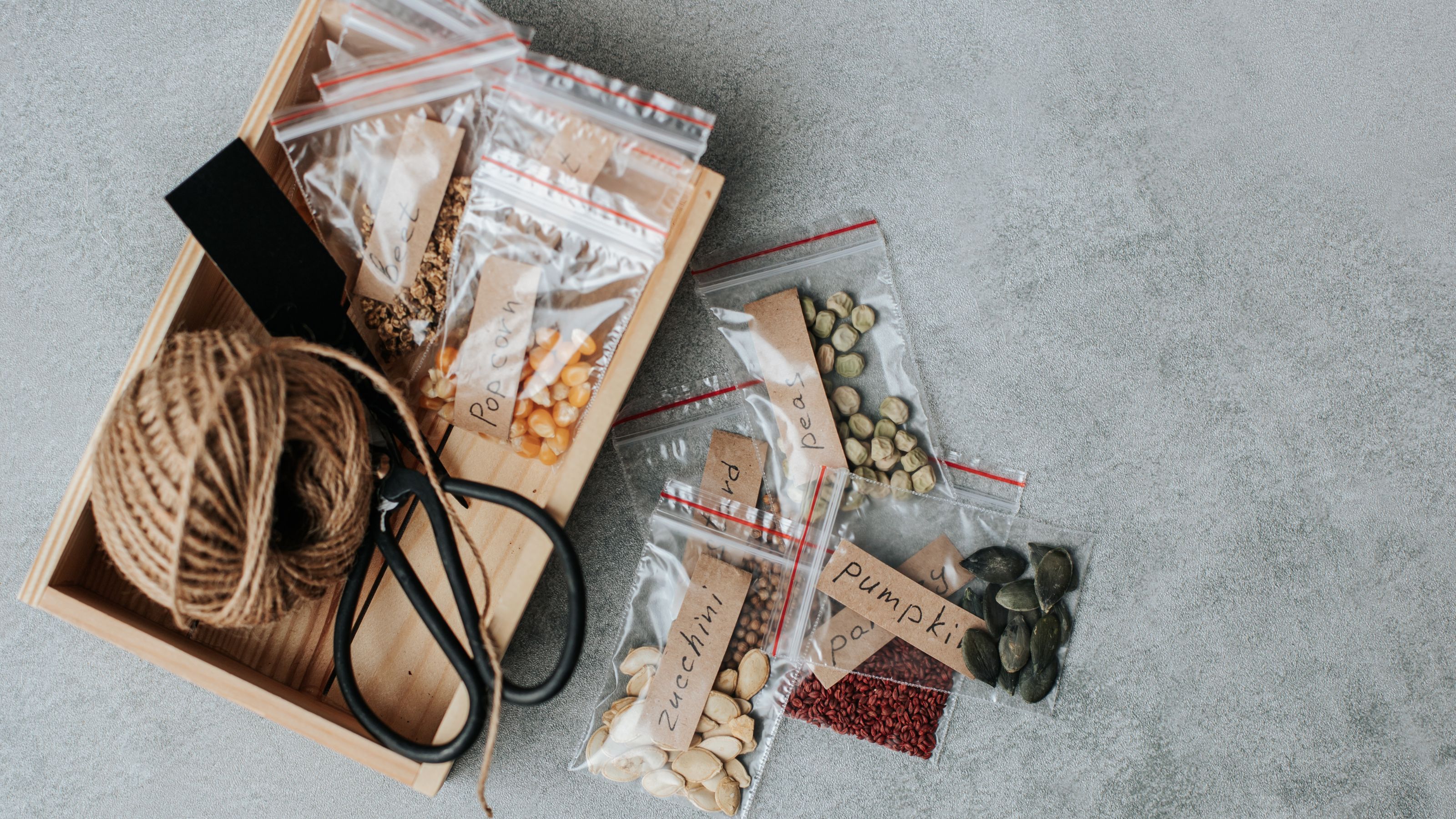
How long can seeds be stored? It's a question that anyone who's learned how to sow seeds successfully will likely have wondered, because having a plentiful supply of free seeds is the easiest way to transform your garden into the thriving oasis of your dreams.
It doesn't matter if you want to use your seeds to start growing your own vegetables, making your favourite garden border ideas a reality, or simply filling your garden with more trees, shrubs, perennials, and ornamental grasses than ever before; you can collect and store seeds from countless plants, if you so wish.
Storing them, though? That's another question entirely, as (you guessed it!) different seeds have different needs.
How long can seeds be stored?
It doesn't matter whether you have surplus seed to requirement, or your collected seeds can't be planted until a more suitable time of the year (such as autumn or spring); there are plenty of reasons why you might be wondering how long seeds can be stored for.
'The length of time seeds can be stored for varies depending on what type of seed you are storing,' says Morris Hankinson, director of Hopes Grove Nurseries. 'That being said, most seeds if stored correctly will be viable for approximately three years – although there are of course seeds that last for centuries!'

Morris Hankinson is the founder and managing director of Hopes Grove Nurseries Ltd, the UK’s only specialist grower-retailer of hedging plants. He established the thriving business in 1992, shortly after graduating with a Commercial Horticulture Degree from Writtle College, Essex.
'It’s not an exact science when storing at home, and over time seeds will become less viable as they age,' he adds.
How to store seeds properly
If you've learned how to harvest sunflower seeds – or any old seeds, for that matter – you'll want to learn how to store them properly. With that in mind, then...
Sign up to our newsletter for style inspiration, real homes, project and garden advice and shopping know-how
1. Collect them on a dry day
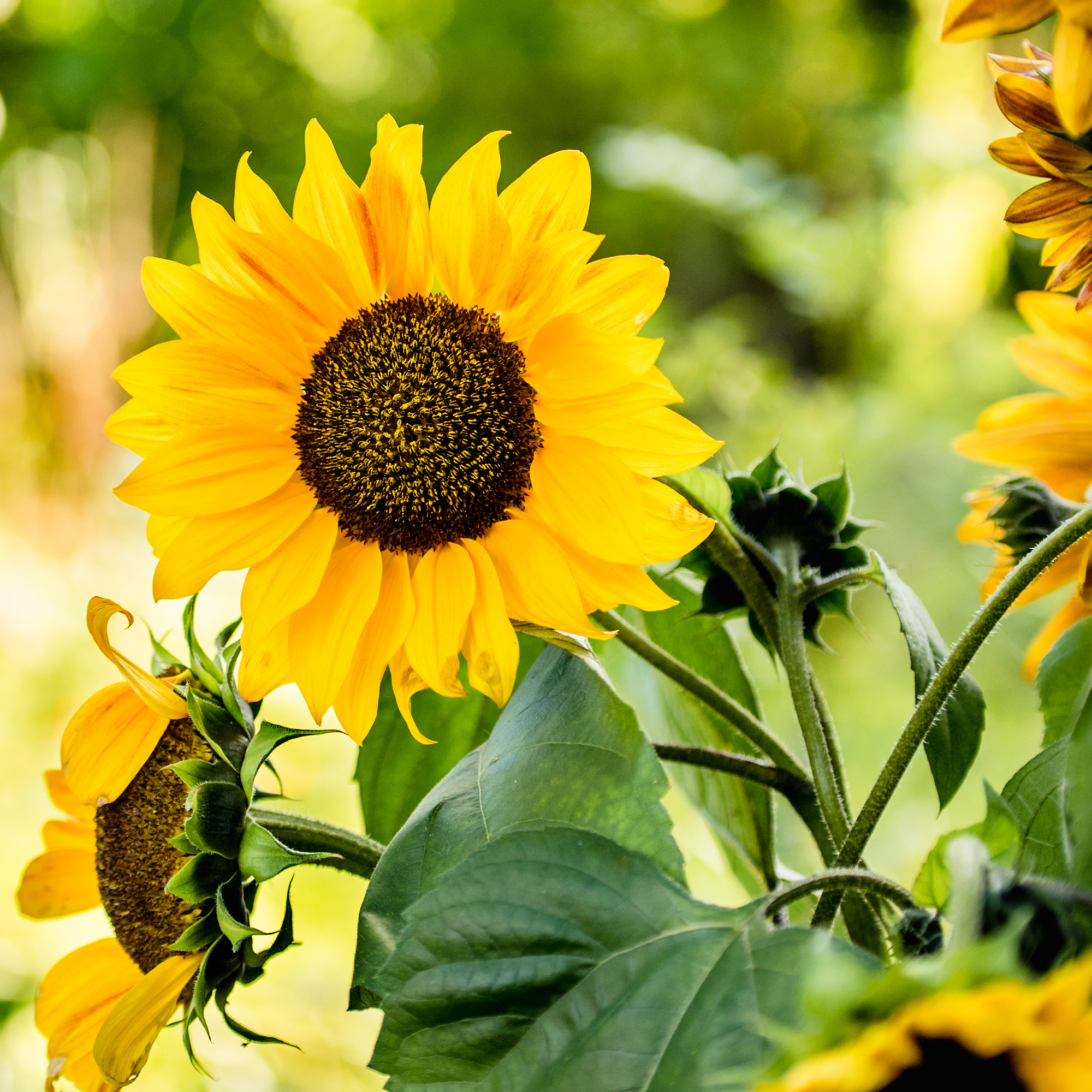
Noting that the key to storing seeds for longevity is as much in the collection as it is in the how they are stored, Morris says the most important thing to do to begin with is to collect seeds on a dry day.
'If seeds are wet or damaged not only will they not store well but they will affect other seeds stored with them,' he explains.
'Collecting on a dry day will help to ensure they are already dry before going into storage.'
2. Keep them dry
After collecting and ensuring seeds are dry, Morris says that they will need to be stored somewhere cool, dry and dark.
'That’s the best way to maximise their lifespan but if you are planning on sowing them the following year, again a cool, dry and dark area is needed but they can be stored in paper for the short term,' he says.
'Any dampness at all will cause their viability to decrease, or, worse still, to rot away.'
If you want to take things one step further, Christopher O'Donoghue of Gardens Revived says you can 'keep seeds in airtight containers to prevent moisture'.
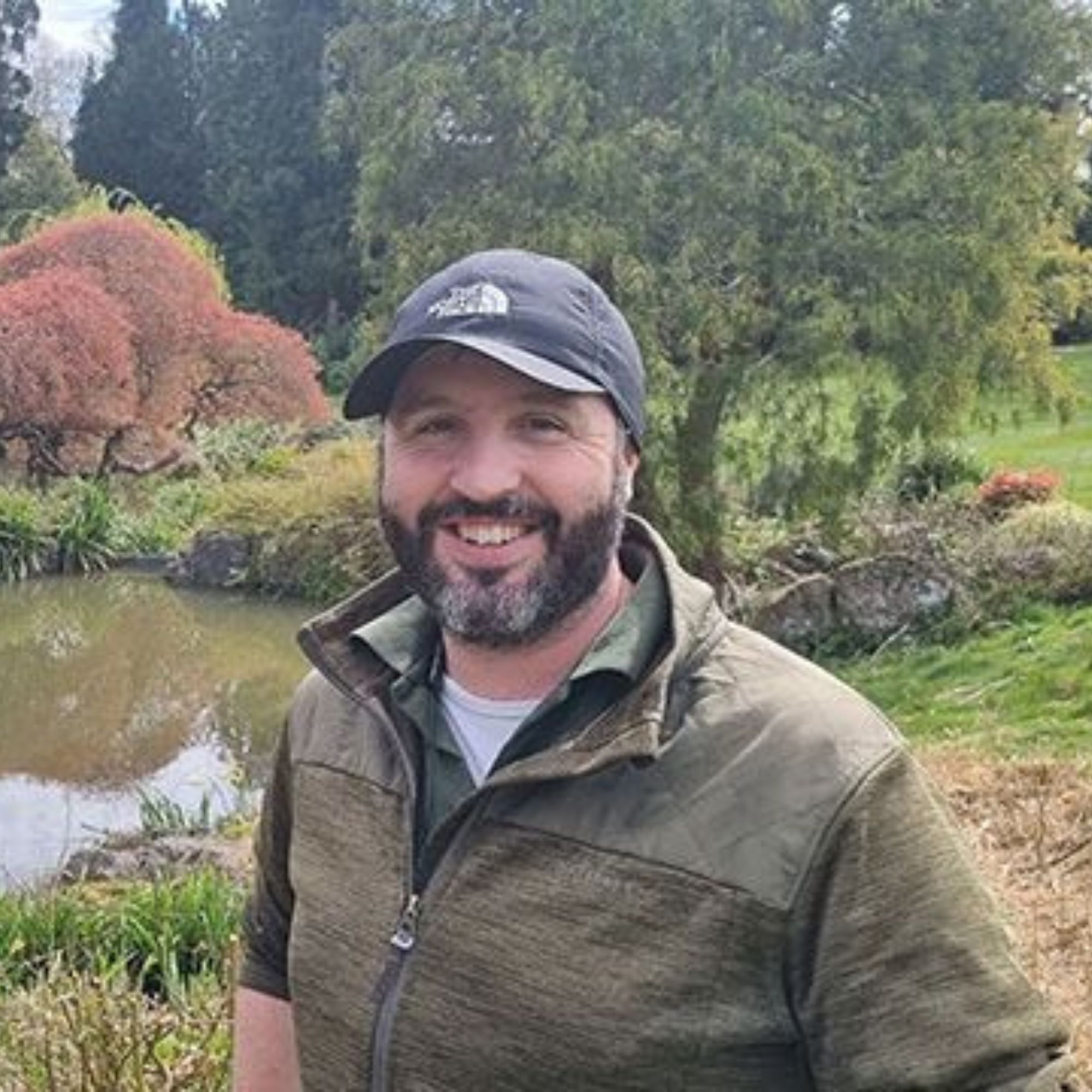
An RHS-trained gardener with almost two decades of experience under his belt, Christopher set up Gardens Revived with his brother, Andrew, in 2018 to create a thriving family business. Together, they have worked on residential gardens, listed buildings and gardens, flower shows and large estates with some exceeding 70 acres – many with historical significance.
'Include silica gel packets or rice to absorb any moisture,' he adds.
3. Consider a refrigerator
How long can seeds be stored? Usually longer than you might think, especially if you keep them below 10°C.
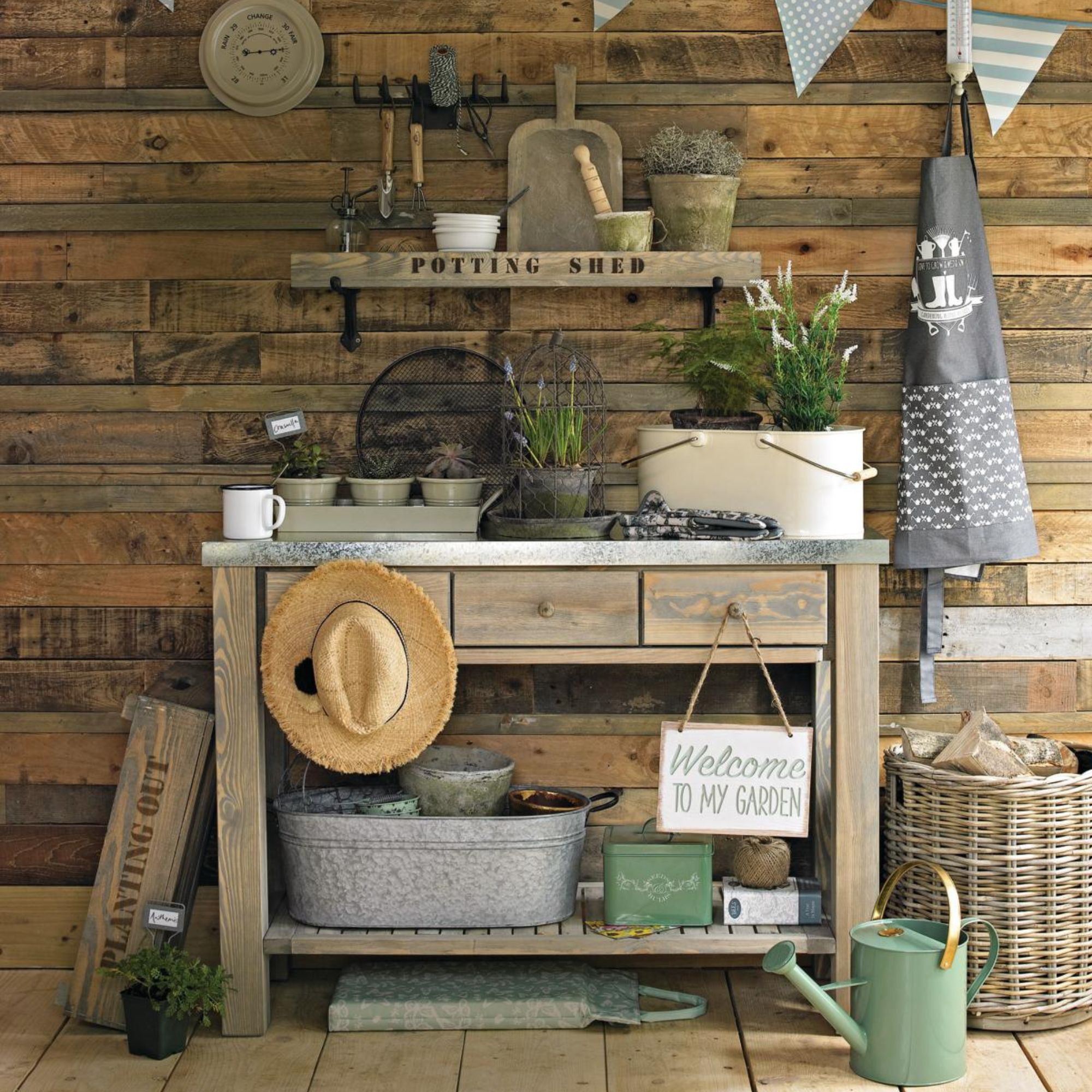
'Use a refrigerator for long-term storage, ensuring the seeds are in an airtight container,' advises Christopher.
'And try, too, to keep them in a dark place to prevent light exposure. An opaque container can help maximise this, if you're feeling canny!'
4. And don't forget to label them
If you're planning on storing seeds for a long time, you'll definitely want to label them – unless you want to adopt the chaos gardening method when it comes to planting them.
'You definitely need to label containers with a) the type of seed and b) the date of storage,' says Christopher.
'This will help you to better rotate your seed stock, and ensure you use the oldest seeds first.'
What happens if you store seeds for too long?
If you store seeds for too long, you'll soon find that their germination rates take a dramatic dive.
The seeds may lose viability completely,' says Christopher O'Donoghue of Gardens Revived, noting that 'the plants that do grow may be weaker or less productive'.
What seeds can be stored the longest?
If you're wondering what seeds can be stored the longest, turn your attention towards your small vegetable garden; Christopher O'Donoghue of Gardens Revived says you're far more likely to find seeds that can handle lengthy storage periods than you will in your flower bed.
Try the following, then, if you're after longevity:
- Bean seeds
- Pea seeds
- Tomato seeds
- Cucumber seeds
- Squash seeds
- Pumpkin seeds
On the flipside, Christopher says that onion, parsley, parsnip and sweetcorn seeds should not be stored for more than one season.
How can you tell if seeds need replacing?
If you're worried you've stored your seeds for too long, there are several signs that they will need replacing – other than their poor or uneven germination when planted.
' The seeds will appear shrivelled, discoloured, or damaged,' says Christopher O'Donoghue of Gardens Revived.
'You may also notice mould or an off-smell when you open the storage container.'
Can you freeze seeds to last longer?
Good news, eager gardeners: you can freeze seeds to extend their shelf life.
'If you're planning on freezing seeds, make sure that they are completely dry before freezing to prevent ice crystal formation, as this will damage them,' says Christopher O'Donoghue of Gardens Revived.
'You also want to make sure that they're in airtight containers or vacuum-sealed bags suitable for freezing,' he adds, 'and take care to thaw seeds slowly at room temperature before planting, too.'
Alternatively, you can use a cool cupboard for seed storage, according to Morris Hankinson of Hopes Grove Nurseries.
'Try a cupboard that will have a constant temperature or any cupboard shelf that doesn’t get warm with variable temperatures throughout the year,' he says.
The best seed storage solutions
How long can seeds be stored? Well, if you swap the traditional paper envelopes for a studier storage solution, most seeds can be stored for 1-5 years.
'Some seeds can last up to 10 years or more under optimal conditions,' adds Christopher, noting that the 'longevity varies depending on the type of seed and storage conditions'.
So, how long can seeds be stored? If you follow all of our tips and advice, far longer than they ever would sat in rotting paper envelopes in the garage – which means you'll have access to a steady supply of free seeds for years to come.
Time to invest in a nice seed storage box, we think...

Kayleigh Dray became Ideal Home’s Acting Content Editor in the spring of 2023, and is very excited to get to work. She joins the team after a decade-long career working as a journalist and editor across a number of leading lifestyle brands, both in-house and as a freelancer.
